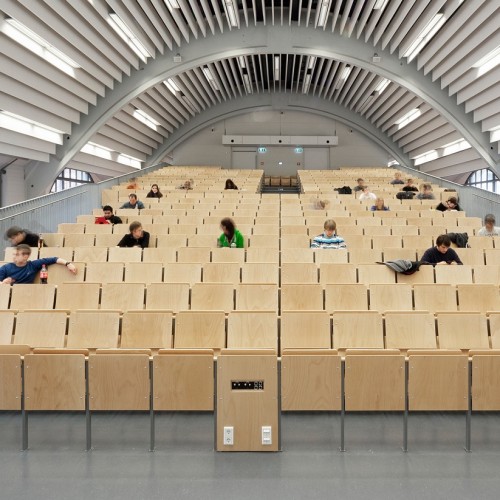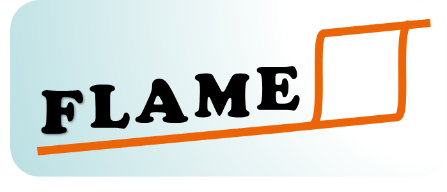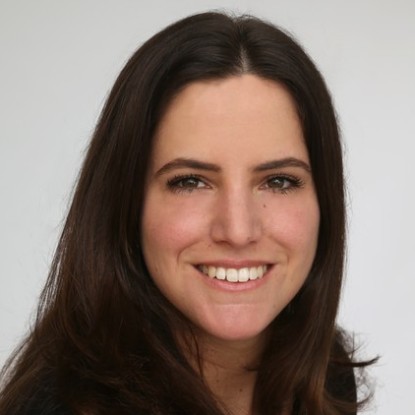
Inverse Electrocaloric Effect in Antiferroelectrics
Dr. Nikola Novak Department of Condensed Matter Physics Jožef Stefan Institute Ljubljana, Slovenia
Abstract
The electrocaloric effect describes the entropy change due to the rearrangement of electrical dipoles in a material upon application/removal of the electric field. The family of ferroelectric materials is considered the most promising electrocaloric material due to the largest dipolar entropy changes. In contrast to classical ferroelectrics where dipolar entropy is decreased upon application of an external electric field, antiferroelectrics exhibit an increase of dipolar entropy upon application of an external electric field. Consequently, a negative or inverse electrocaloric effect is observed.
In this talk, the origin of the inverse electrocaloric effect in antiferroelectric materials will be discussed based on the phenomenological Landau calculation. It will be demonstrated that the thermodynamic potential of sublattice polarizations differs which is responsible for the appearance of the inverse electrocaloric effect. Furthermore, the direct electrocaloric measurement on antiferroelectric PNZST will be presented. The electrocaloric response will be correlated with the field-induced antiferroelectric-ferroelectric phase transition.
Short Biography
I received my doctoral degree at Jožef Stefan International Postgraduate School in 2013 for the thesis entitled ˝Study of Polar Ordering in Ordered and Partial Disordered Ferroelectric Systems˝. Between 2013 and 2017 I was a postdoctoral fellow at the Technische Universität Darmstadt in the department of Nonmetallic- Inorganic Materials. During postdoctoral training, I was involved in the studies of mechanically tuned electrical conductivity in piezoelectric semiconductors for piezotronic application, and investigation of functional properties of novel lead-free ferroelectric materials for the electrocaloric and piezoelectric application. Currently, I am employed as a researcher at the Jožef Stefan Institute in the Department of Condensed Matter Physics. My research interests are calorimetry and dielectric spectroscopy of advanced solid and soft materials. In particular, the study of phase transitions, critical phenomena, and energy-conversion (electrocaloric and electromechanical).
About the FLAME-inars
The FLAME-inars are organized by the collaborative project FLAME at TU Darmstadt, in which electronic-structure-property relationships are being developed and exploited to realize novel lead-free antiferroelectric compounds. The seminars will gather experts in processing, characterization and theory to discuss materials and applications, bulk and thin films, fundamental properties, electronic structure & defects, and related aspects.



